As beauty prices surge and tariffs drive up costs, women are turning to “dupe” culture—not just to save, but to resist.
This is the last of a three-part series where Maggie Barnett, CEO of LVK Logistics, weighs in on the impact of tariffs on women and the broader economy. You can read her other essays here and here.
The rise in “dupe” culture isn’t just about budget; it’s about economic resistance. When eyebrow gel jumps from 97 cents to $2.90 overnight, or a $1.45 eyeshadow stick becomes $3.50, you adjust and you adapt. Beauty staples are getting hit hard by price surges, leading women to find smart, accessible alternatives that work just as well.
After years of trial-and-error perfecting personalized routines and regimens, women aren’t abandoning their holy grail products on a whim. But when tariffs tack 30-200% onto your go-to, much beloved product, finding a comparable formula becomes essential.
What’s increasingly clear isn’t just that women aren’t just adapting to economic policy, but they’re actively reshaping it. The skills honed through generations of postgrad and household budget stretching are now scaling beyond kitchen tables.
Small female-owned brands are especially vulnerable to rising import costs. They don’t have the margins to absorb a 30% shipping spike or a 145% tariff. Many are turning to bonded warehouses and local production, but at what cost?
Women of color and those from low-income communities have always been at the forefront of resourceful consumption—stretching dollars, sharing resources, and creating informal economies when formal ones excluded them. Will we see these proven strategies move to the mainstream as tariffs force more women to adopt similar approaches?
Optionality is the new optimization. Women know how to adapt and they have and will continue to design entirely new frameworks for consumption, where they value flexibility with resilience.
The real impact of these tariffs won’t appear in economic reports or GDP numbers. It’s the rise of women who will now be more aware of policies and their spending habits and who refuse to quietly absorb financial penalties based on gender.
The hope is that these policies may have accidentally created exactly what they didn’t intend: a more economically savvy female consumer who will see through the pricing games, understand how trade decisions affect her wallet, and won’t settle for systematically paying more. It’s business and, yes, it’s also personal.
MORE ON HERMONEY:
JOIN THE CLUB: Own your money, own your life. Subscribe to HerMoney today for inspiration, advice, insights and more!
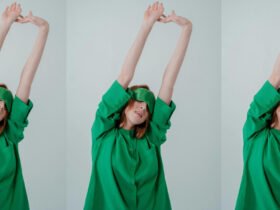






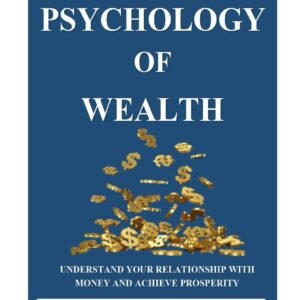
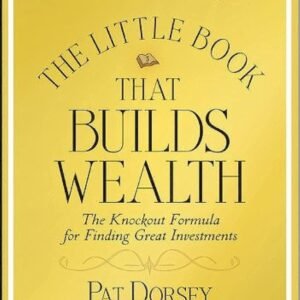


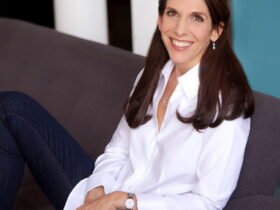

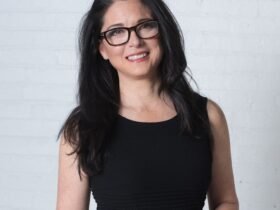





Leave a Reply